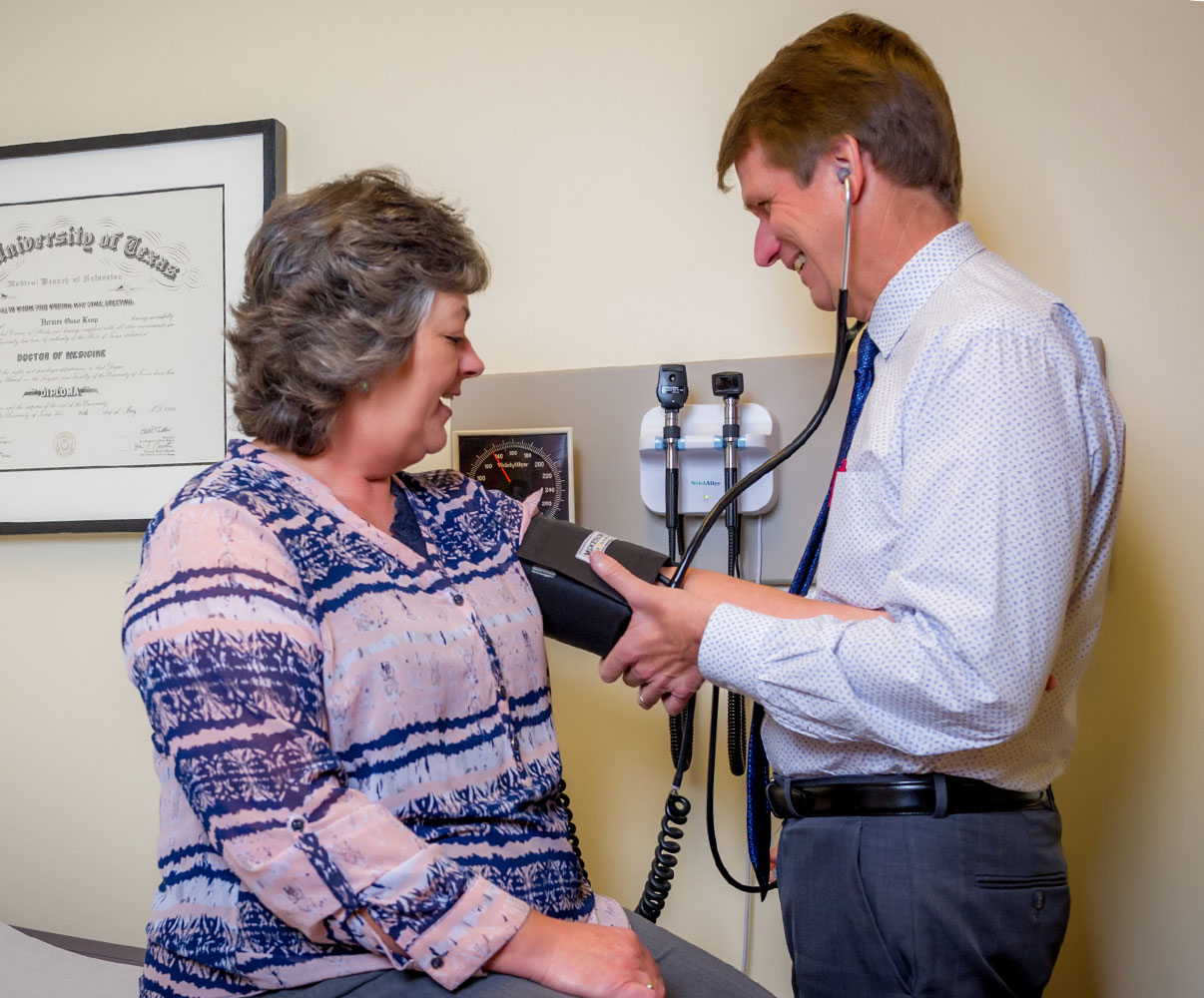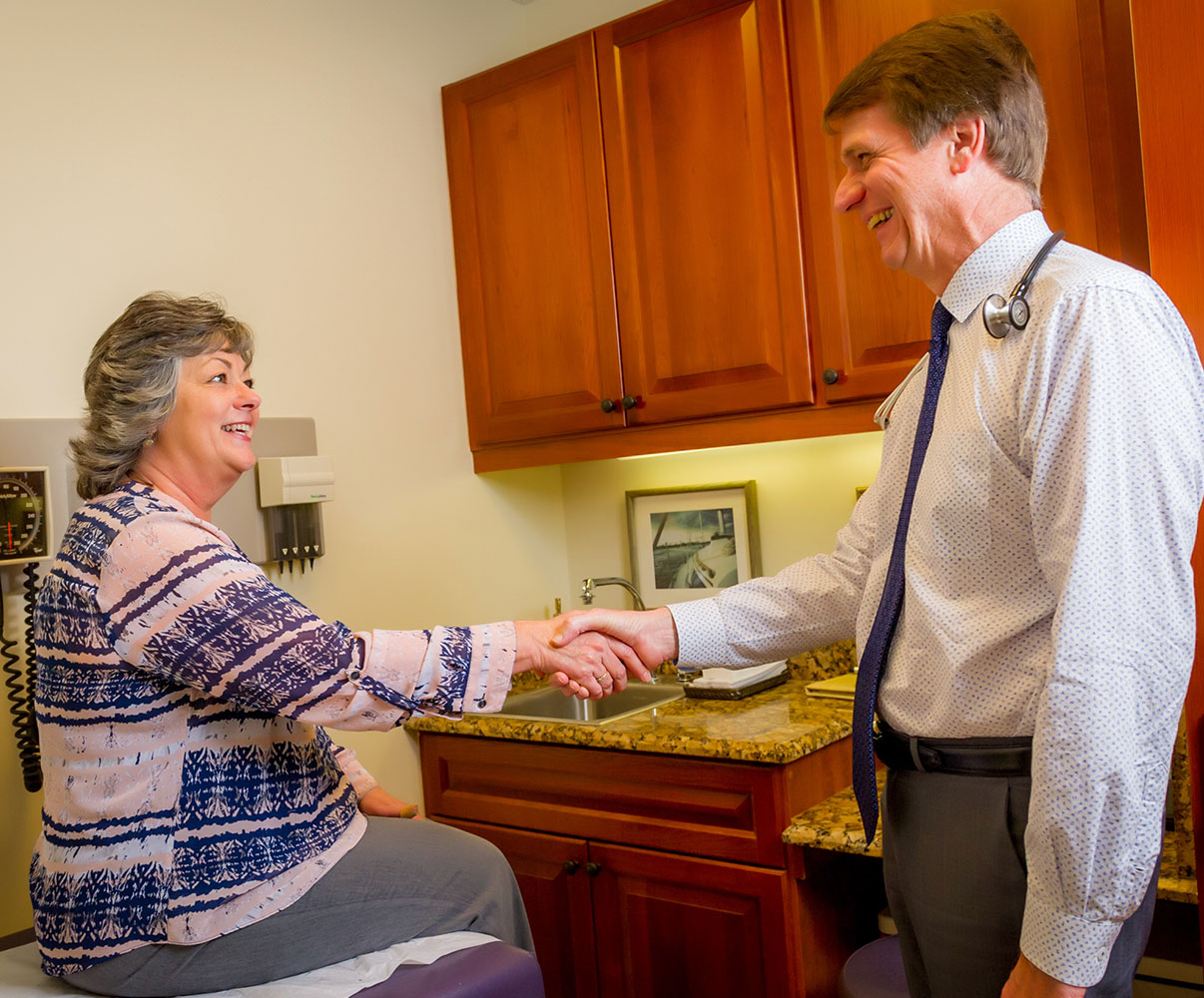Concierge Medicine
What is Concierge Medicine?
Concierge medicine is an option that is gaining momentum around the United States. There are different variations but, in essence, it involves paying an annual retainer fee for all the services a medical doctor normally provides in a year. This fee is typically not reimbursed by insurances or Medicare.
In my concierge practice, this fee covers a detailed annual examination, office visits, hospital visits, nursing home visits, and even home visits. The annual fee also covers routine office procedures such as routine immunizations, electrocardiograms, stress tests and joint injections. For the laboratory work and X-rays that are recommended, the costs will continue to be covered by the patients’ insurances. We will assist the laboratory and radiology facilities with the billing for these procedures.

I can respond more quickly to patient needs and I am directly accessible, 24 hours per day, by telephone.

About the Practice
I can respond more quickly to patient needs and I am directly accessible, 24 hours per day, by telephone. Many primary care physicians are choosing to limit their practices to the office setting only, and this requires patients to be turned over to a hospital-based physician (a hospitalist) when they require admission to the hospital. In my practice not only can I continue to care for patients in the hospital, but I have expanded my services and can also see my patients if they require admission to a rehabilitation or nursing facility. I strongly believe patients are the most comfortable if they can have the continuity of service, from one doctor, who they know and have developed a trust in, no matter where they need to be cared for. This relationship is the most important at times when patients are acutely ill.
